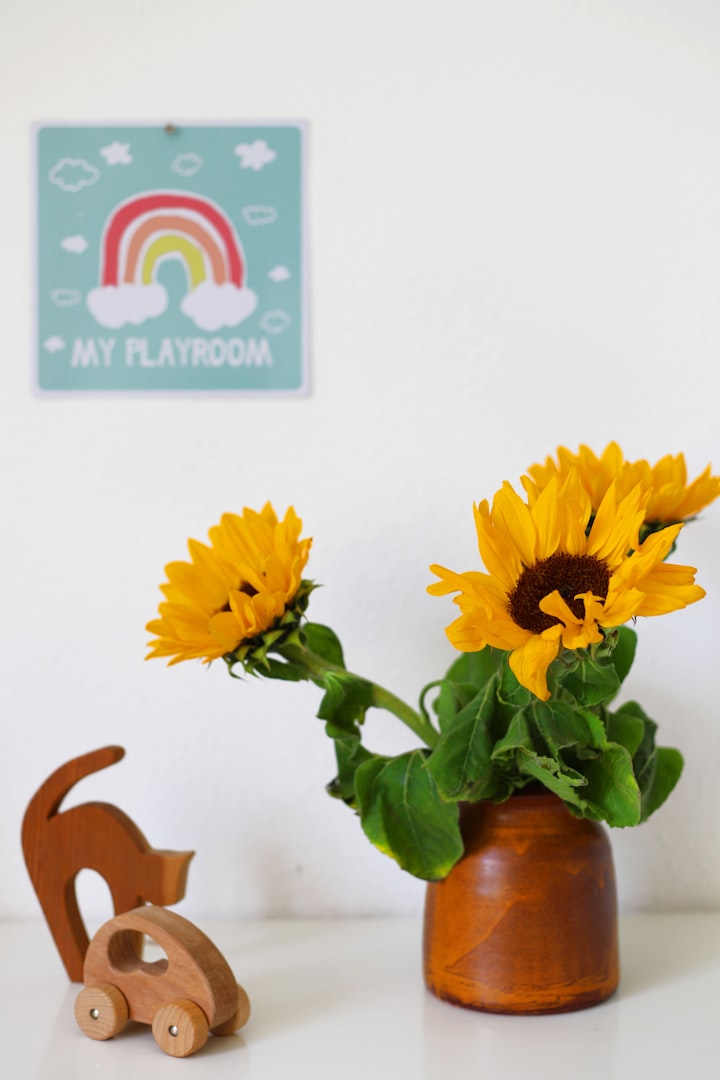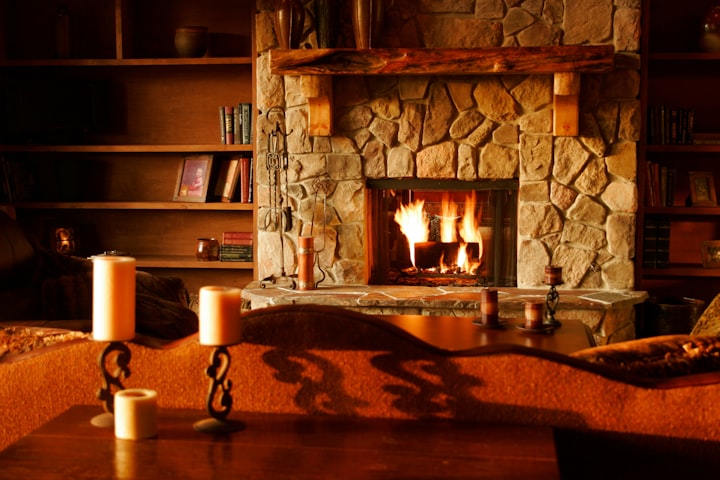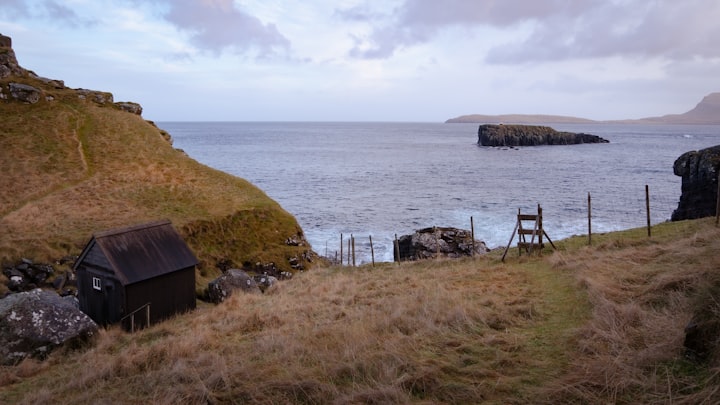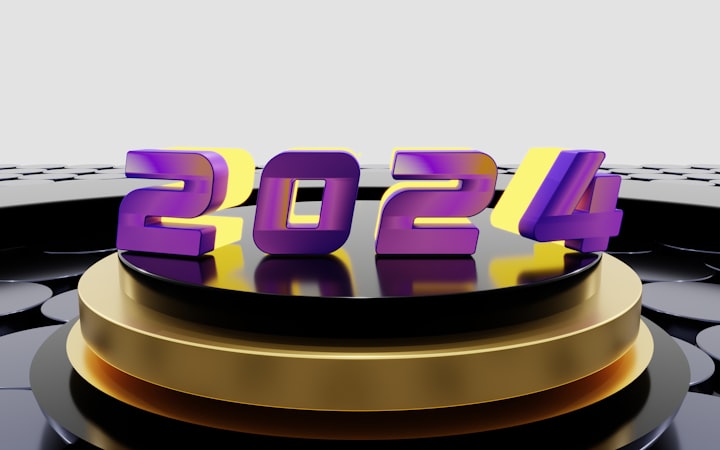Montessori Education, what is it?
Learning before teaching

An ad came up in my searches for a Registered Early Childhood Educator in a small Montessori Preschool. What exactly is Montessori? I was 21, fresh out of school and had only the most basic of knowledge on the Montessori Philosophy. This small school with the daunting pedagogy that was all but foreign to me is now my school of 7 years and recently I became the school supervisor. One of my main roles in this school is providing tours for enquiring families and I get the question "What is Montessori?" a lot.
We teach small people, the smallest. They are 12 months through 6 years and they are learning, growing, developing every day. This is their foundation to a lifetime of learning and it is important that they learn but in a way that is appropriate to their developing brains.
Montessori is ideal for this age as it is child led, geared to each child's individual learning style and the materials are presented in a way that they usually do not realize they are learning! Montessori is also self correcting, the materials only work one way which is great for independent kiddos.
Montessori views the learning environment in subcategories; Language, Math, Sensorial, Practical life and Culture.
Language being letters, letter sounds, reading, writing and building words. These activities will often have letters that you can see, feel and physically move around. You can physically build the words out of stand alone letters or feel the shape with a sandpaper tracer. Math at this age is numeral recognition, matching those numerals to their quantities and eventually basic addition and subtraction. The materials you see here will often have multiple parts that allow for counting, recognition and adding the quantity to the numeral. Sensorial is sensory learning, tactile, auditory, olfactory and depth perception predominantly. Things like smelling bottles where the children can match smells to a picture of the item it smells like may be found in this area. Also sandpaper tablets to categorize from roughest to softest, sound bottles to match sounds, and blocks that vary in size to practice biggest to smallest can all be found here. Practical life is a favourite in my classrooms, these activities teach day to day tasks while also teaching fine motor, problem solving and other skills. These activities are things like scooping, pouring, lacing, using tongs and grow to cutting fruit, washing clothes, sweeping and mopping as they get older. Lastly culture, culture means different things in different schools. Some put out materials for all areas, some focus on one a year, we do a focused approach, Culture can cover things like zoology, botany, weather, planets, etc. This year my eldest room is covering weather, they are learning seasons, different weather phenomenon's, how things affect plants and animals and where and why weather affects different parts of the world differently. Therefor most of the above mentioned "themes" do tie into the others.
Montessori is also the way in which we view children and teach them. They are people, they deserve respect and understanding. We treat them as such, the educators purpose is to present the materials and teach a lesson on them and then step back to observe, helping only when necessary.
"The greatest gifts we can give our children are the roots of responsibility and the wings of independence" - Maria Montessori
About the Creator
Becky Arthurs
Fiction, Fantasy, Magic and Myth





Comments
There are no comments for this story
Be the first to respond and start the conversation.